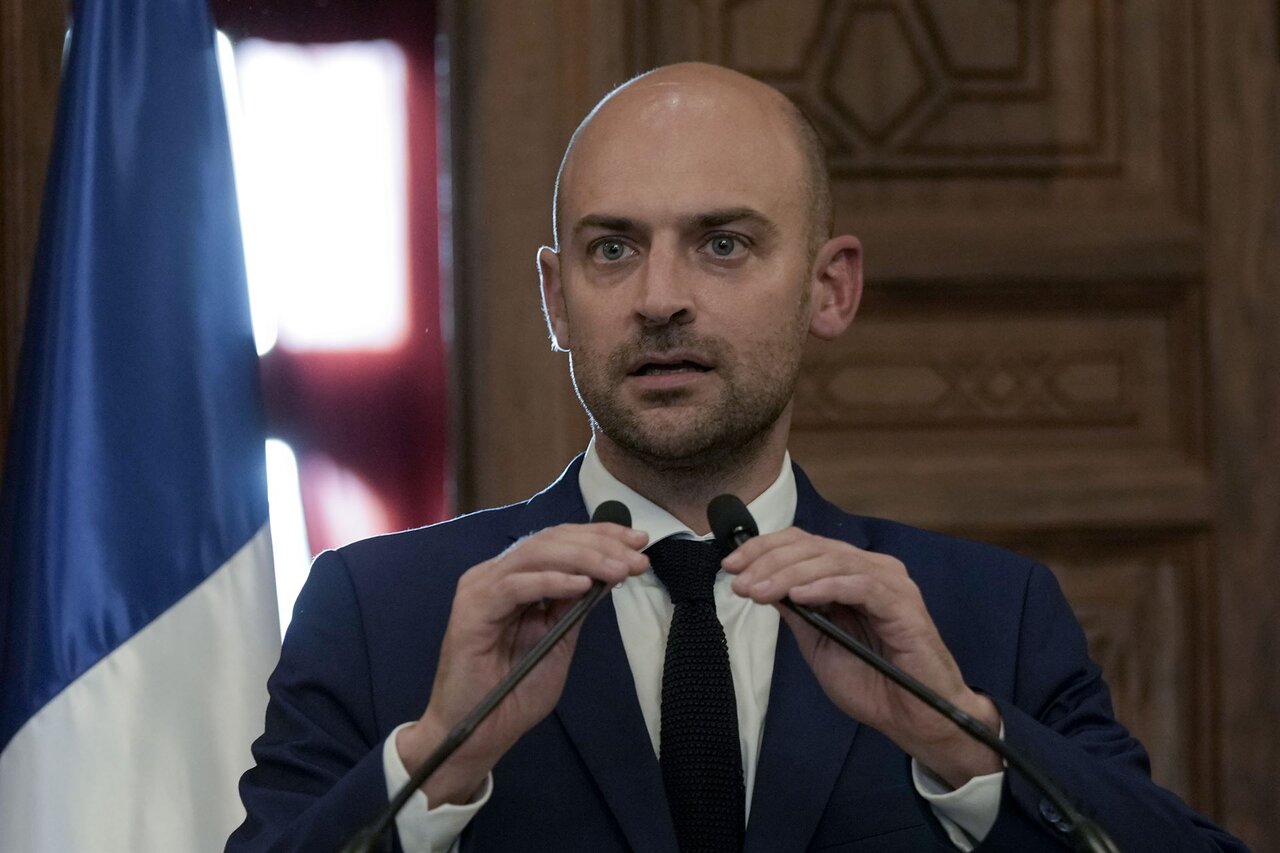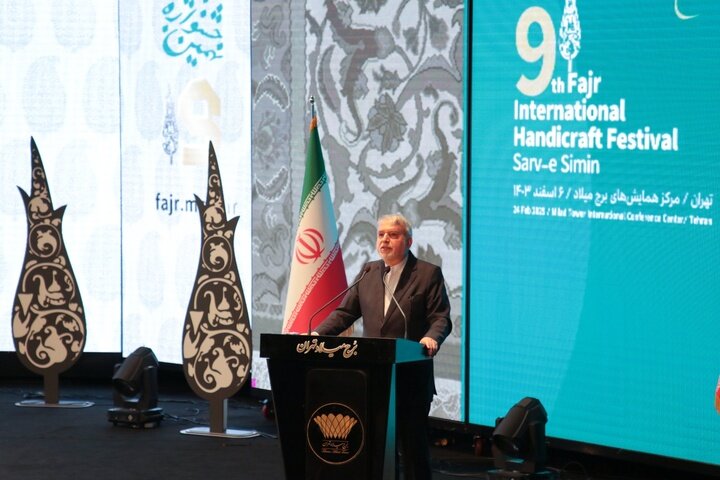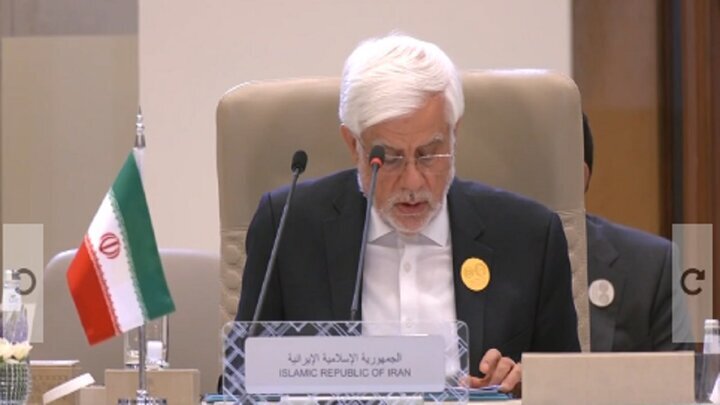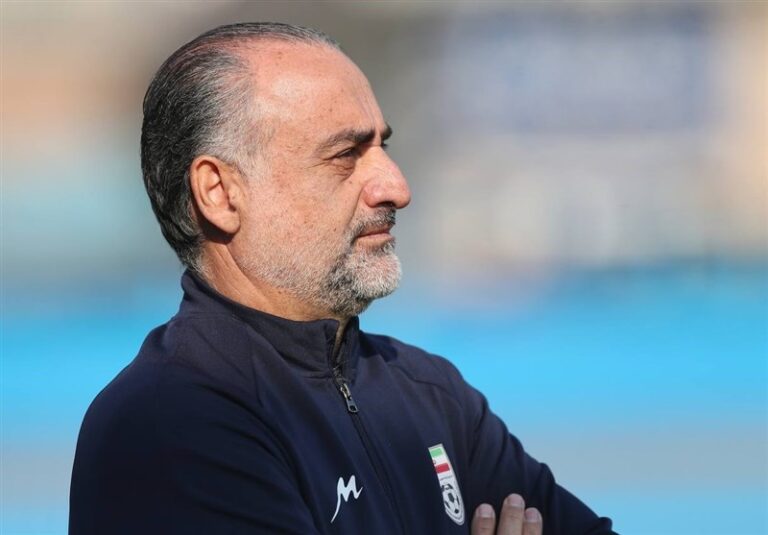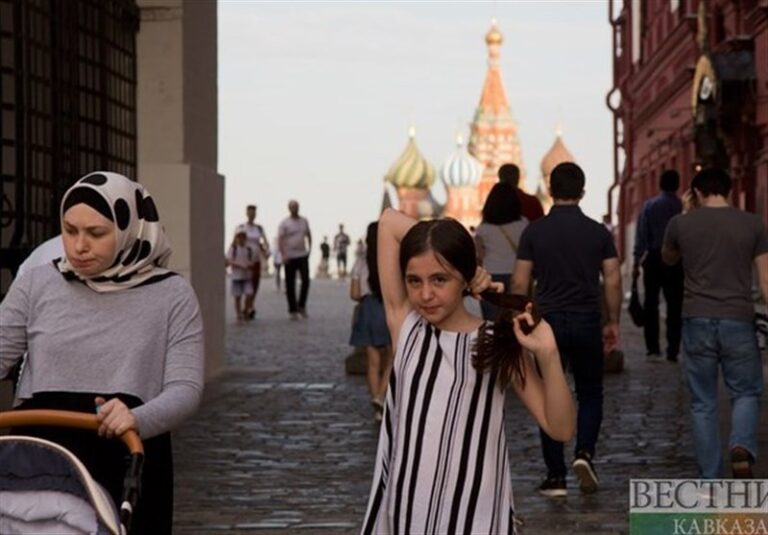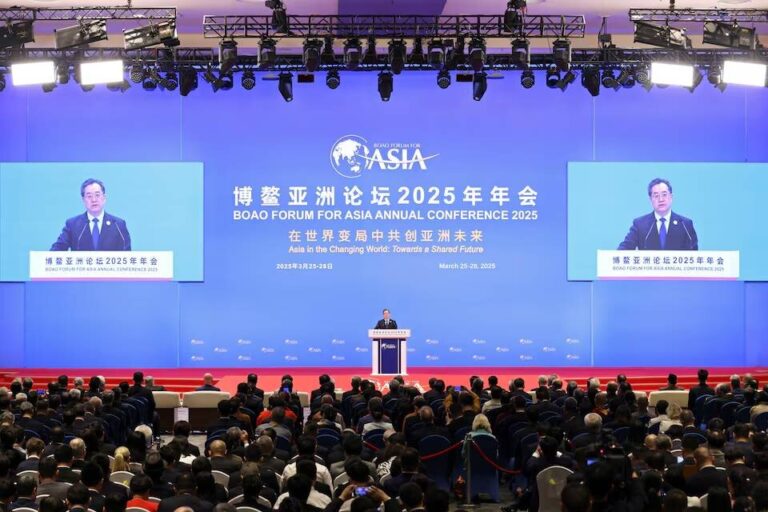Escalating Tensions: Confrontation Looms If Iran Nuclear Talks Collapse
In a pivotal moment for international diplomacy, European powers are striving to engage Iran in negotiations to limit its uranium enrichment activities. Following a high-level meeting chaired by President Emmanuel Macron, Foreign Minister Jean-Noel Barrot emphasized the urgency of the situation, stating that the “window of opportunity” for diplomacy is quickly closing.
As the deadline approaches for the expiration of UN sanctions tied to the 2015 nuclear agreement, the stakes have never been higher. The global community is keenly aware that a successful diplomatic resolution is essential to prevent a potential crisis.
Barrot articulated the European perspective on the matter, stating:
“The window of opportunity is narrow. We only have a few months until the expiration of this (2015) accord. In the event of failure, a military confrontation would seem to be almost inevitable.”
In his remarks, Barrot reaffirmed France’s commitment to ensuring that Iran never acquires nuclear weapons. He articulated the primary objectives of the ongoing negotiations:
- To create a verifiable agreement that restricts Iran’s nuclear activities.
- To ensure a durable resolution that maintains peace in the region.
The urgency of these discussions stems from the looming October 2025 deadline when UN sanctions linked to the Joint Comprehensive Plan of Action (JCPOA) are set to expire. The JCPOA, which was designed to provide sanctions relief in exchange for nuclear restrictions, was effectively abandoned when former US President Donald Trump pulled the United States out of the agreement in 2018, reimposing stringent economic sanctions on Iran.
Despite the geopolitical tensions and the complexities of the negotiations, Iranian officials have consistently asserted that the country does not seek nuclear weapons, emphasizing that its nuclear program is intended for peaceful purposes. This assertion has been a cornerstone of Iran’s diplomatic stance in discussions with European powers and other international stakeholders.
Barrot’s comments highlight the pressing nature of the negotiations, with a clear warning that failure to reach an agreement could lead to dire consequences:
“Our confidence and our conviction remain intact. Iran must never acquire nuclear weapons.”
With the clock ticking, European leaders are working diligently to create a diplomatic path that will lead to an agreement capable of curbing Iran’s uranium enrichment activities. The focus is on reaching a consensus before the expiration of the existing accord, as any delay could escalate tensions and potentially lead to military conflict.
As the situation unfolds, the international community remains watchful of the developments. The following key points summarize the current state of affairs:
- Urgency of Diplomacy: European powers are racing against time to engage Iran in negotiations.
- Deadline Approaches: The expiration of UN sanctions in October 2025 adds pressure to the negotiations.
- Iran’s Position: Iranian officials maintain that their nuclear ambitions are peaceful.
- Potential Consequences: Failure to reach an agreement could lead to military confrontation.
- French Commitment: France emphasizes the need for a verifiable and durable agreement.
The diplomatic efforts underscore the delicate balance of international relations and the critical need for cooperation to address the challenges posed by Iran’s nuclear program. As discussions continue, the outcome will be pivotal not only for Europe and Iran but for global security as a whole.
In conclusion, the call for a renewed diplomatic effort is paramount. With the future of international nuclear agreements hanging in the balance, the actions taken in the coming months will shape the geopolitical landscape for years to come.
